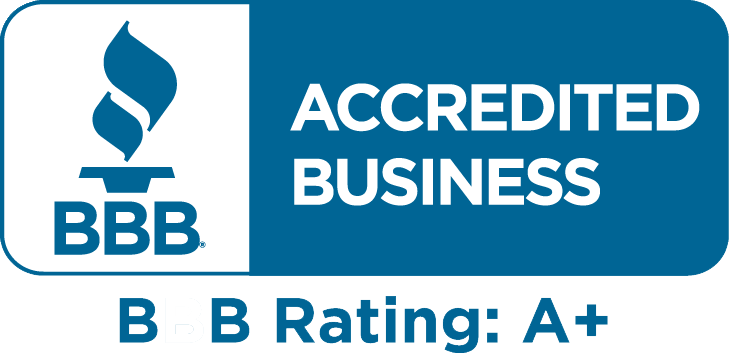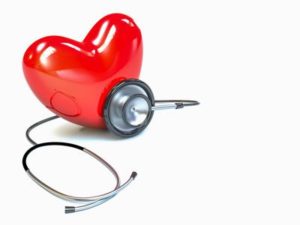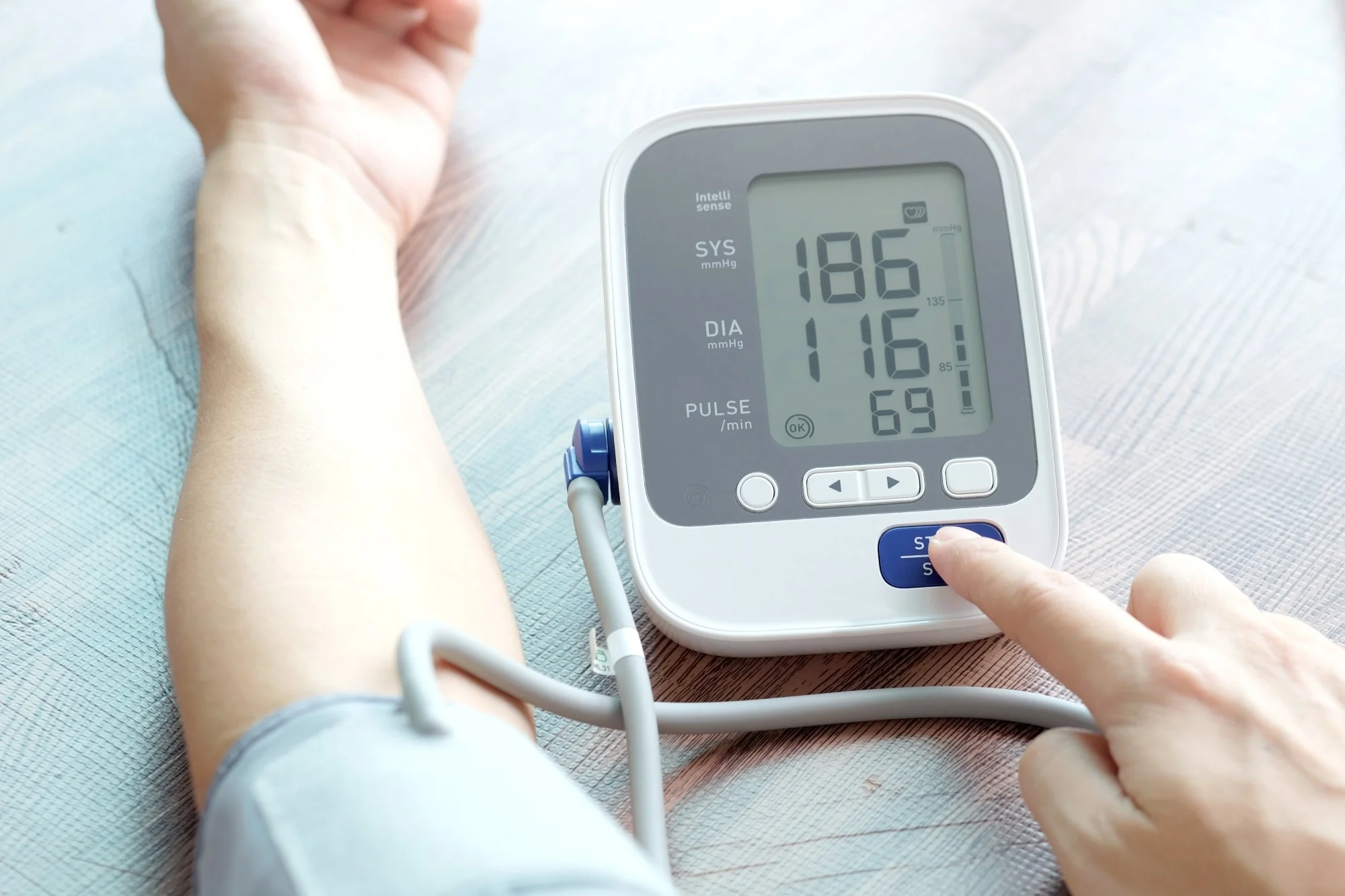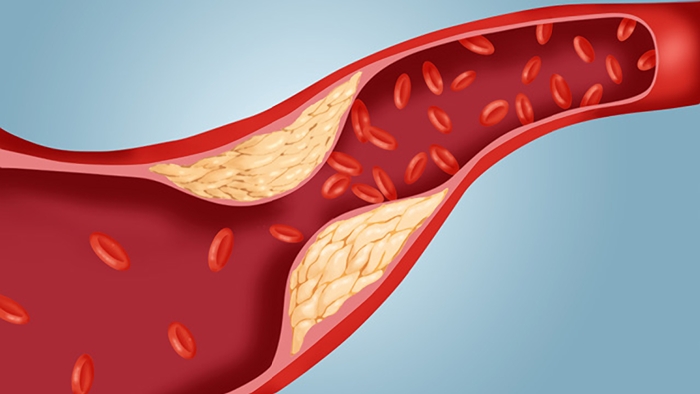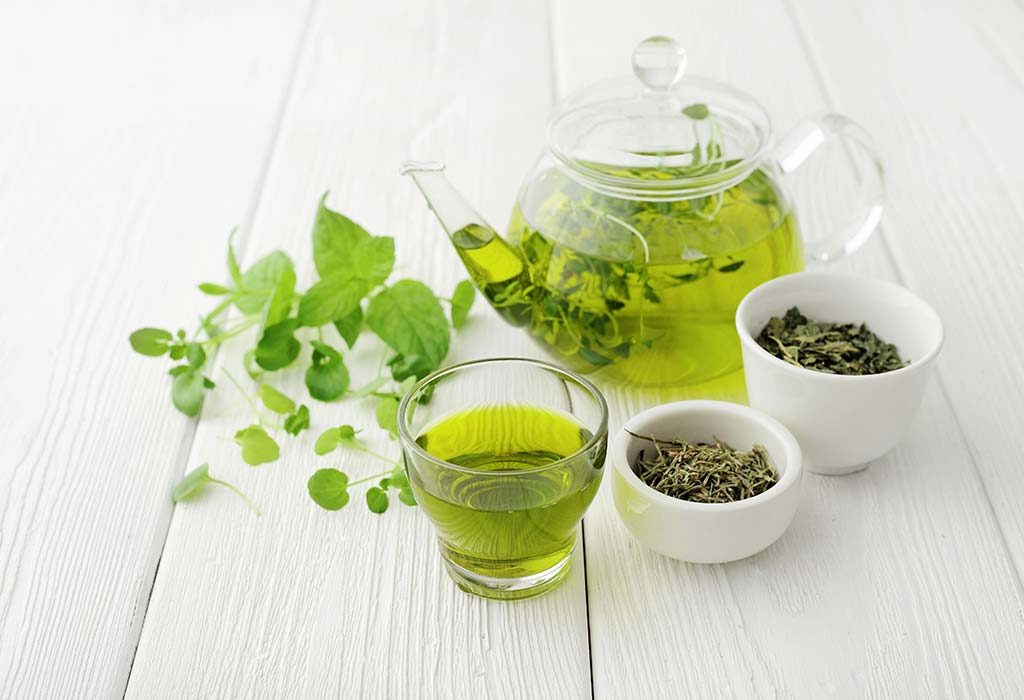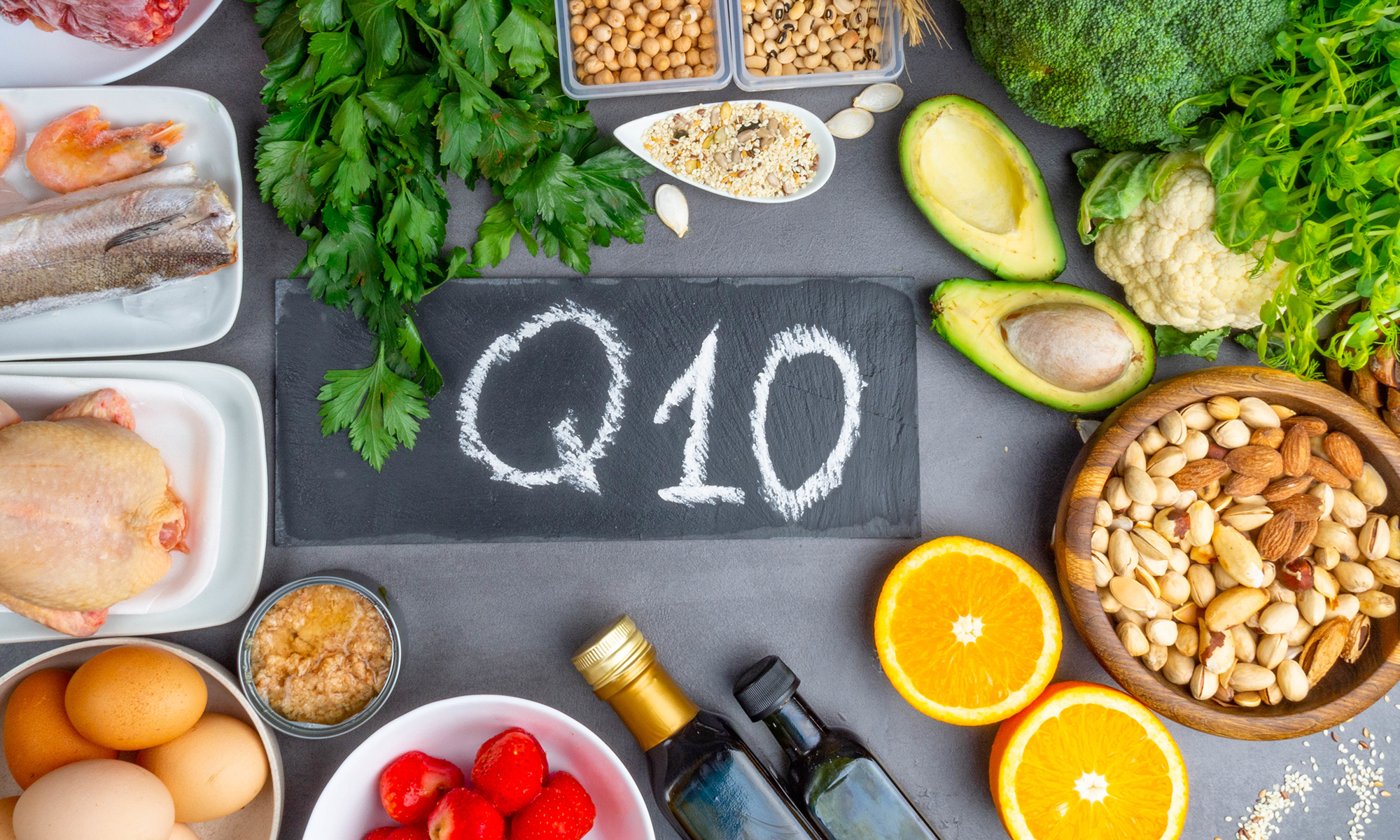February Heart Health Tips: 12 Ways to Support Your Heart Health
Did you know that in your lifetime your heart will beat more than two billion times? That demands an enormous amount of energy placed on an organ about the size of your fist.
It makes sense, then, that a continuously running machine requires a significant amount of oxygen and nutrients—which you should be able to get from a diet of whole foods, plenty of exercise and rest, and a healthy environment. Yet, even though we live in the richest, most highly educated country on earth, half of all deaths in the United States are the result of cardiovascular disease. How is that possible?
Convenience foods laden with too much sugar, salt, and trans fats contribute to unhealthy arteries. Not to mention, stress, too little exercise, environmental toxins and smoking. In fact, a study published in The Journal of the American Medical Association in 2002 indicated that exposure to air pollution can cause some 10,000 fatal heart attacks a year in the US!
Are You at Risk for Heart Attack or Stroke?
Risk Factors You Can Control
- High blood cholesterol and triglyceride levels
- Hypertension
- High fasting glucose levels
- Diabetes and pre-diabetes
- Overweight and obesity
- Smoking
- Alcohol consumption
- Lack of exercise
- Diet
- Stress
- Inadequate nutritional support
Risk Factors You Cannot Control
- Family history—If your parents had heart disease you are more likely to develop it. This is especially true if one of them had premature heart disease, which means your father or other close male relative had a heart attack before he was 55; or your mother or other close female relative had a heart attack before 65.
- Gender—Men are at greater risk of heart attack than women, and they generally have them at an earlier age. A woman’s risk of heart disease increases after menopause, although it never meets the same risk level as a man’s. However, when a woman has a heart attack at an older age she is more likely to die within a few weeks.
- Age—Similar to other chronic diseases, your risk goes up the older you get. In fact, approximately 82% of people who die from heart disease are 65 years of age and up.
We are fortunate to live during a time when scientists are discovering natural, safe and effective ways to reduce risk of heart attack and stroke. Thousands of studies have proven that certain vitamins, minerals, herbs and other nutrients can help maintain healthy blood pressure, blood lipids and heart rhythms, when taken in conjunction with a healthy diet and exercise regimen.
The Key Nutrients You Cannot Live Without
CoQ10 (Coenzyme Q10)
CoQ10 is a co-enzyme that is called the “spark plug” of your cells. It is essential for electron transport within the mitochondria, and the production of adenosine triphosphate (ATP), which is responsible for energizing the 70-100 trillion cells in your body. The highest concentration of this important antioxidant resides in the heart. Without it, your heart wouldn’t be able to beat 100,000 times a day, and some experts believe that if deficiency levels reach 75% your heart would stop beating.
As we get older, our levels of CoQ10 naturally start to decline. Our bodies need vitamins, trace minerals and the amino acid tyrosine in order to produce CoQ10. If you are deficient in any of those nutrients because your diet is inadequate then your body will not be able to adequately produce CoQ10. Also, statins (cholesterol-lowering drugs) block CoQ10 production by blocking cholesterol synthesis, which is necessary for the production of CoQ10. So if you take Lipator or another statin drug it is crucial that you take a CoQ10 supplement.1
The foods highest in CoQ10 are organ meats and cold water fish. Other foods contain small amounts. However, the easiest way to get adequate, supportive levels is to take it in supplemental form. An 8-week study of 59 men already taking medications for high blood pressure found that 120 mg daily of CoQ10 reduced blood pressure by about 9% when compared to placebo. In addition, recent studies have shown that CoQ10 supplementation can help save the lives of patients with congestive heart failure, and that 91% of heart attack victims improve within 30 days of adding CoQ10 to their list of daily supplements.3
B Vitamins
Vitamins B6 and folate may reduce the risk of death from stroke and heart issues. B6 is particularly important in supporting healthy blood flow, blood pressure and cholesterol. These vitamins also help keep homocysteine levels low. Homocysteine—a by-product of the amino acid methionine— is a more sensitive indicator of cardiovascular health than cholesterol. Too much of it increases injury to arterial walls, as well as accelerates oxidation and accumulation of cholesterol in blood vessel.
According to one report, individuals who have low blood serum levels of vitamin B6 have a five times greater risk of having a heart attack than individuals with optimal levels. Researchers say a daily dose of folic acid could reduce a person’s risk of heart disease and stroke by about 10%. Folic acid has also been shown to effectively lower levels of an amino acid in the blood called homocysteine.5
Foods that contain B6: pork, poultry, fish, eggs. Folic acid is found in leafy greens, beans, citrus, cereals, rice, pasta, bread.
Magnesium
Magnesium has many functions in the body. It is involved in more than 300 different enzyme reactions, and it stabilizes electrical signals in the heart and relaxes the arteries and muscles. Magnesium also plays an important role in regulating the neuromuscular activity of the heart by maintaining normal heart rhythm.
Magnesium is found in whole wheat, green leafy vegetables, fruit, nuts and seeds, legumes, seafood.
Taurine
Taurine is an amino acid that is manufactured in your body through the synthesis of two other amino acids—methionine and cysteine. It is found in greatest concentration in the heart and brain, and plays an important role in regulating heartbeat.
Taurine is obtained from food sources including cheese, milk, yogurt, eggs, turkey, chicken pork, wild game, and wheat germ.
Nutrients Supporting the Cardiovascular System & Reducing Risk of Heart Attack and Stroke:
1. CoQ10
As discussed above.
2. L-Arginine
L- Arginine is an amino acid that takes part in the production of nitric oxide. This chemical is released by the blood, and is integral to relaxing blood vessels. This process is called vasolidation, which is necessary for healthy blood flow to the heart and throughout the body. L-arginine supplementation supports overall heart health, including normal circulation and blood pressure.6-10 A study at the Center for Cardiovascular Diagnostics and Prevention, Lerner Research Institute, Cleveland, Ohio found that overall availability of arginine is directly related to the risk of obstructive coronary artery disease.11
3. Grape Seed Extract
Grape seed extract is an excellent source of proanthocyanidins or OPCs. OPCs are antioxidants that help support healthy arteries and circulation. A meta-analysis of 16 clinical trials which included 810 patients found that Grape Seed Extract supports healthy blood pressure, and even more so on younger or obese individuals.12
4. Resveratrol (RESV)
Resveratrol is a compound found in a variety of plants including cranberries, raspberries, and wine. In order to get the beneficial amount you need, it’s much better to take a nutritional supplement with a standardized amount of resveratrol, so you don’t have to worry about extra calories or alcohol. A 2017 clinical trial that investigated the effects of resveratrol (RESV) in patients with hypertension found that the addition of RESV to standard antihypertensive treatment decreases and efficiently controls blood pressure. This indicates that the addition of RESV to standard antihypertensive therapy is sufficient to supporting blood pressure to reach normal levels. This is also without the need for additional antihypertensive drugs, which is common in many patients.13
5. Quercetin
Quercetin is a compound present in onions, red wine, green tea and other plants. It contains health-enhancing phytonutrients that may help protect against inflammation and free radical damage. This helps keep the lining of your blood vessels flexible, which is important for supporting healthy blood pressure. A study done at the University of Utah, found that quercetin supplementation reduces blood pressure in hypertensive patients.14
6. Omega-3 Fish Oil
Omega-3 fish oil essential fatty acids (EFAs) are critical to every cell in your body. Since the body can’t manufacture them, EFAS must come from the food you eat and/or nutritional supplements. The most recent meta-analysis15 found that supplementation with fish oil helps lower risk factors for heart attack and coronary heart disease. The American Heart Association recommends that all adults either take a fish oil supplement every day, or eat two servings of fatty fish per week, such as salmon, sardines, mackerel, herring, and canned albacore tuna. The most convenient way to get what you need is to take a fish oil nutritional supplement. If you are a vegetarian, you may take flax seed oil.
12 Ways to Support a Healthy Heart
The best way to maintain a healthy heart is to combine a healthy life style with a diet rich in vegetables, fruits, whole grains, fiber and low-fat protein, exercise, and nutritional supplementation.
1. Eat a nutritious, high-fiber, low-fat heart healthy diet such as the Mediterranean diet.
2. Include foods high in phytonutrients (the nutrients found in plants)
3. Include cold-water fish, nuts and flax seed oil or flax seed oil in your diet for omega-3 fatty acids.
4. Take nutritional supplements proven to support a healthy heart.
5. Practice a stress reduction technique such as yoga or meditation.
6. Stop smoking!
7. Reduce and/or avoid alcohol.
8. Get an annual physical exam to rule out other health factor risks.
9. Protect yourself from environmental toxins. Try to buy organic and non-GMO foods as much as possible.
10. Drink 6 to 8 glasses of purified, filtered water every day.
11. Get plenty of restful sleep!

